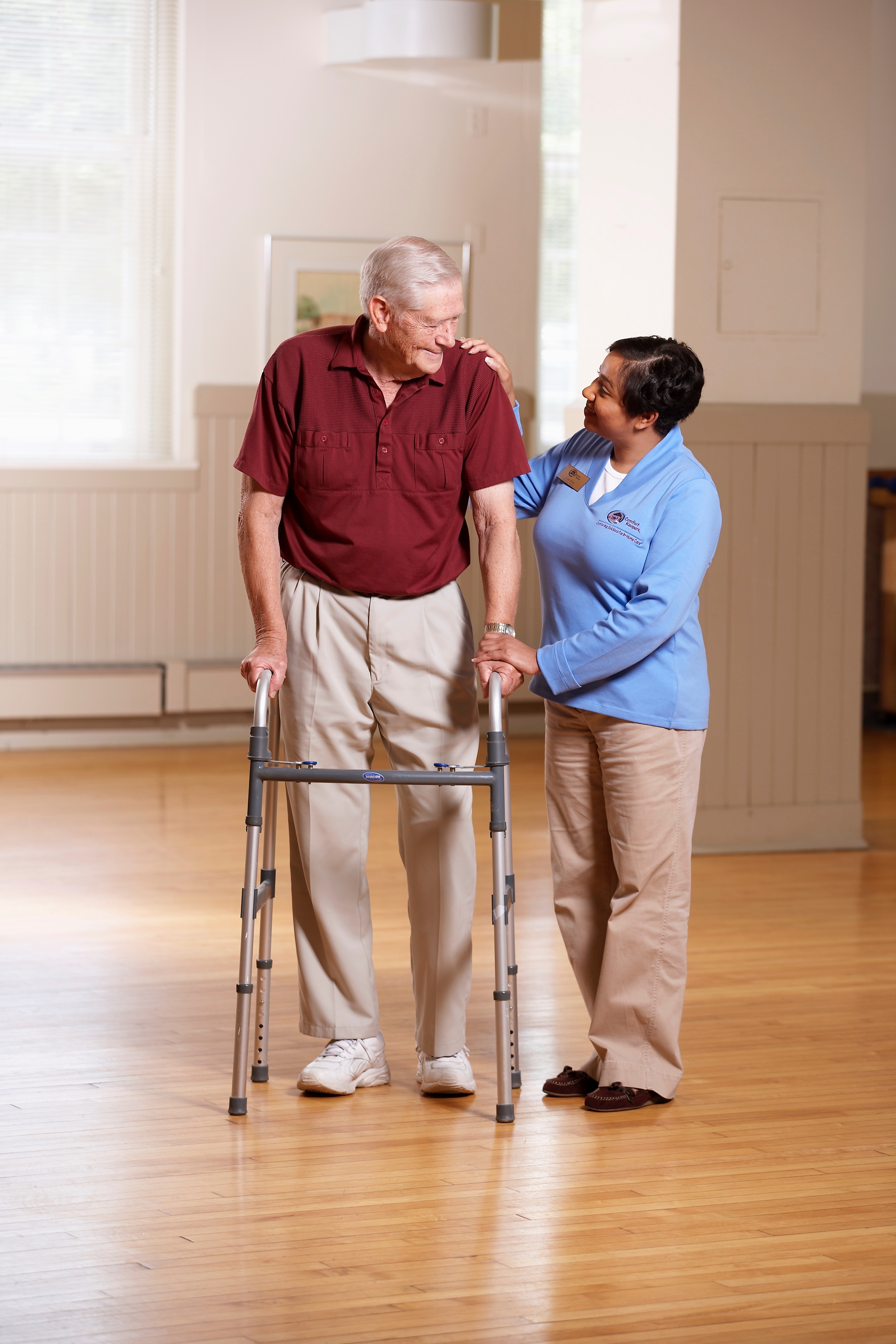Ten Ways You Can Help Prevent Senior Falls
by Ashley Keenan
According to the National Institute on Aging, each year, more than 1.6 million older U.S. adults go to emergency departments for fall-related injuries. While some falls are inevitable, it's always good to take precautions to lower the chances of senior falls. Try these quick tips to keep your loved one safe.
- Involve them in regular physical exercise to increase their lower body strength and improve their balance. Many senior centers offer free or discounted aerobic classes for older adults. Not only can this be a great way to stay in shape, it is also a fun way to meet new friends.
- Eliminate tripping hazards in the home such as throw rugs and clutter. How many times have you tripped on the hallway rug or the welcome mat of your home? Imagine how much more often this would happen if you were using a cane, walker, or other assisting device. Rugs and end tables may look welcoming but they can become a hazard for anyone with an unstable gait or low vision.
- Improve lighting in all rooms, including night-lights along walkways. Many falls happen because the quality of light in a home is not consistent. Try to make areas uniformly bright so your loved one can see all steps, bumps, or changes in the flooring.
- After a shower or bath, wipe up water immediately to prevent slipping. Suggest non-slip mats in the bathtub and on the shower floor.
- Suggest a shower seat. It will allow your loved one to shower without getting tired. Shower seats also help seniors who struggle to raise their legs. A person can simply sit and swing their legs over with a shower chair, no need to step in one cautious leg at a time.
- Make sure the hand rails of all stairs are sturdy and encourage your loved one to use them.
- Suggest a portable commode near the bed to eliminate nighttime trips to the bathroom. Many senior falls occur during the night. An older adult has a lifetime of habits that won't necessarily change as they age. When a person is accustomed to getting up to use the restroom at night it is better to make the task easier than to discourage the behavior altogether.
- Use walking aids and other safety devices for extra safety. Ask your loved one to consult with a physical or occupational therapist to make sure they are using the device correctly.
- Keep a telephone near the bed.
- Store heavy items in lower cupboards. This will help prevent your loved one from reaching or displacing their center of balance with heavy objects.
What are your fall prevention techniques? Have you or a loved one experienced a tough fall?










